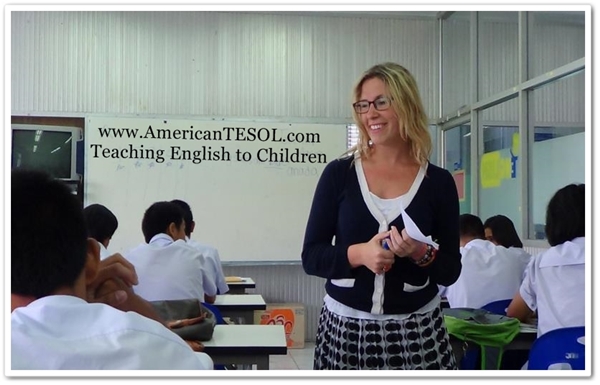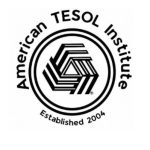The TESOL for Children Certification is designed to equip educators with the essential skills and knowledge needed to teach English effectively to young learners. This 60-hour course is divided into interactive modules, each focusing on key aspects of childhood ESL education. From foundational theories to advanced teaching strategies, the program ensures a well-rounded understanding of how children acquire language and how to foster their growth in the classroom. Participants will explore a range of topics, including child language acquisition, psycholinguistics, sociolinguistics, and the impact of social and cultural factors on learning. Core skills such as teaching listening, speaking, reading, and writing are developed through child-centered approaches, while modules on phonics, pronunciation, vocabulary, and grammar help educators tailor their instruction to meet the needs of young learners. Additionally, participants will gain practical tools for behavior management, motivation, and lesson planning, ensuring they can create engaging, supportive, and dynamic classroom environments.
The course also delves into advanced topics like Project-Based Learning (PBL) and adapting teaching methods for children with special needs, catering to diverse learning styles using multiple intelligences theory. Educators will learn how to foster collaboration through social learning, assess student progress effectively, and uphold ethical teaching practices. Unique areas of focus include understanding telegraphic speech, applying psychosocial development theories, and analyzing classroom practices through observation. Participants will finish the course with a final reflective essay on their teaching styles and a well-rounded syllabus development project. By completing this program, educators will be fully prepared to design and deliver lessons that are not only educational but also enjoyable and impactful, laying a strong foundation for young learners’ English language journey.



